The Inter-University Sustainable Development Research Programme (IUSDRP) has recently been launched. Bournemouth University is a participating member.
The scheme, announced at WSD-U-2014, is led by Manchester Metropolitan University (UK). IUSDRP is not yet another network but conceptualised as a systematic programme to pursue and publish research on sustainability. It meets a perceived need for a university-based set-up, focusing on research projects, scientific publications and PhD training on matters related to sustainable development.
It has a special focus on developing countries, whose participation in such networks is very limited. Members of IUSDRP have already collaborated in various papers published in indexed journals, and are actively seeking further cooperation via externally-funded projects and joint PhD training. Further details can be seen at: http://iusdrp.mmu.ac.uk/
A new paper has just been published by: Chris Shiel, Walter Leal Filho Arminda Paco, Luciana Brandli (2016). Evaluating the Engagement of Universities in Capacity Building for Sustainable Development in Local Communities. Evaluation and Program Planning, 54 (2016) pp. 123-134.
You can download the article and other articles here:
http://authors.elsevier.com/a/1S6JtY2iclgdU
The paper reflects on the potential of universities to play a role in enabling communities to develop more sustainable ways of living and working, thereby addressing the paucity of studies that consider the evaluation of the work performed by universities in building capacity for sustainable development in local contexts. In order to achieve success in such initiatives, elements of programme planning and evaluation on the one hand, and capacity building on the other, are required. The assessment in this paper is based on evidence relating to community engagement activities obtained from a sample of universities in the United Kingdom, Germany, Portugal and Brazil. The extent to which capacity building in terms of sustainable development forms part of these initiatives is considered in depth, together with the different forms that this might take, as well as an evaluation of some of the benefits for local communities. The paper concludes by reinforcing that universities have a critical role to play in community development and that this role has to prioritise the sustainability agenda.
If you are interested in gaining further details about the network, please contact cshiel@bournemouth.ac.uk
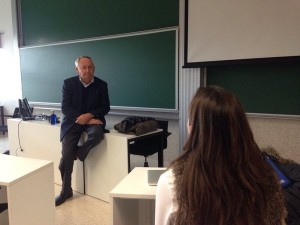


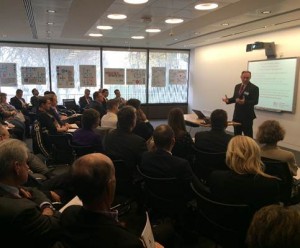
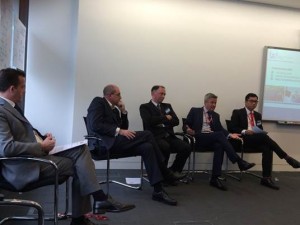

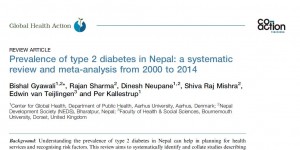




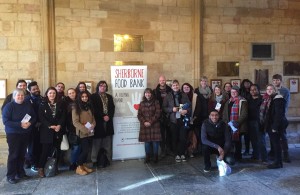
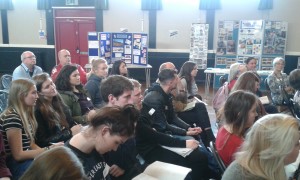
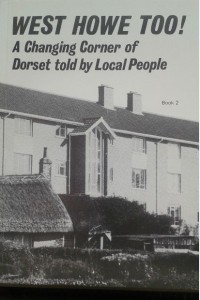
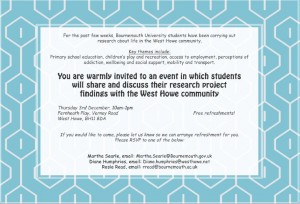

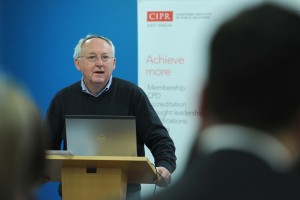
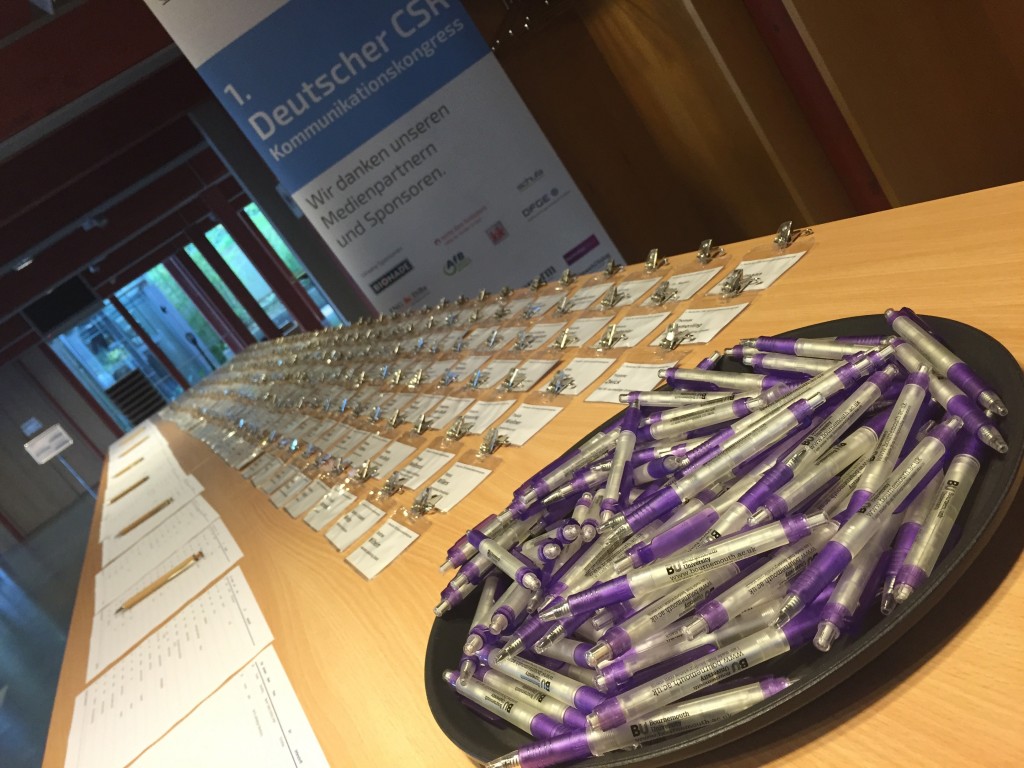
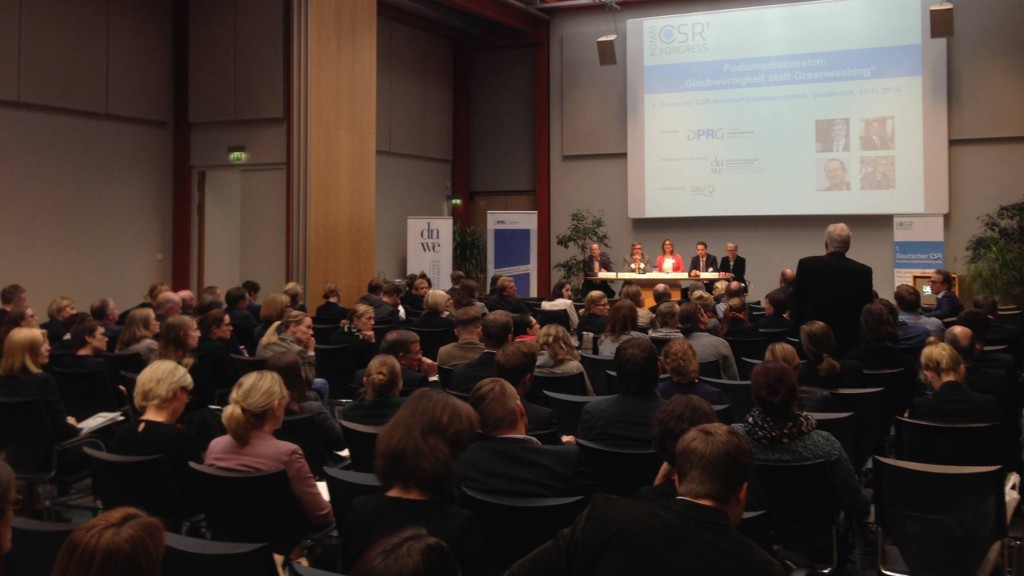
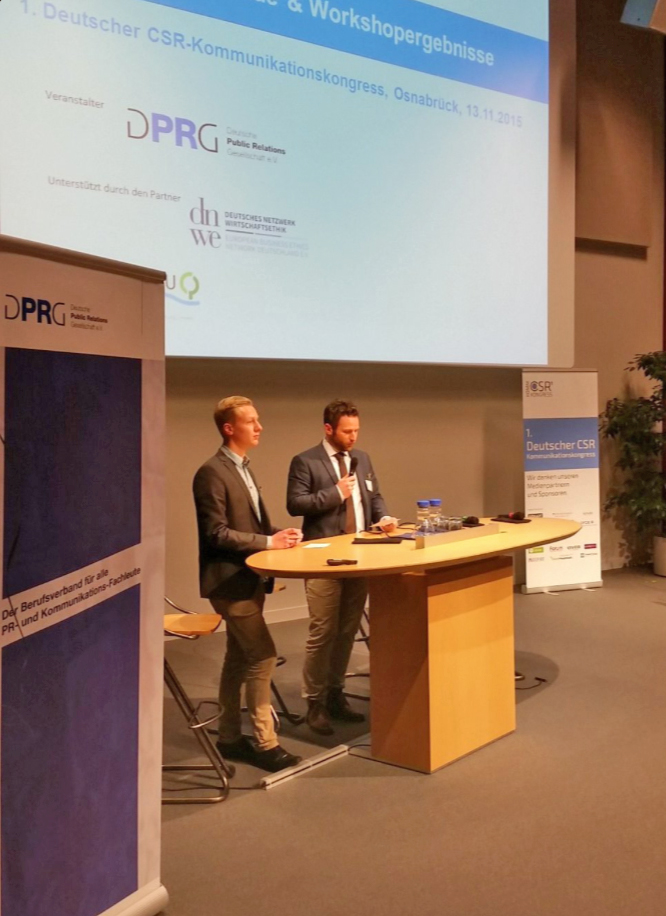
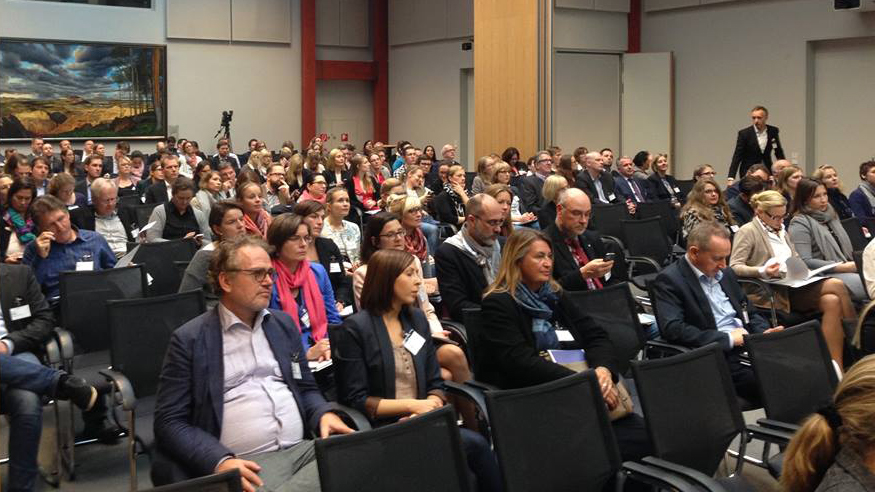











 Read and sign up to BU’s Policy Influence Digest
Read and sign up to BU’s Policy Influence Digest Upcoming opportunities for PGRs – collaborate externally
Upcoming opportunities for PGRs – collaborate externally BU involved in new MRF dissemination grant
BU involved in new MRF dissemination grant New COVID-19 publication
New COVID-19 publication MSCA Postdoctoral Fellowships 2024
MSCA Postdoctoral Fellowships 2024 Horizon Europe News – December 2023
Horizon Europe News – December 2023